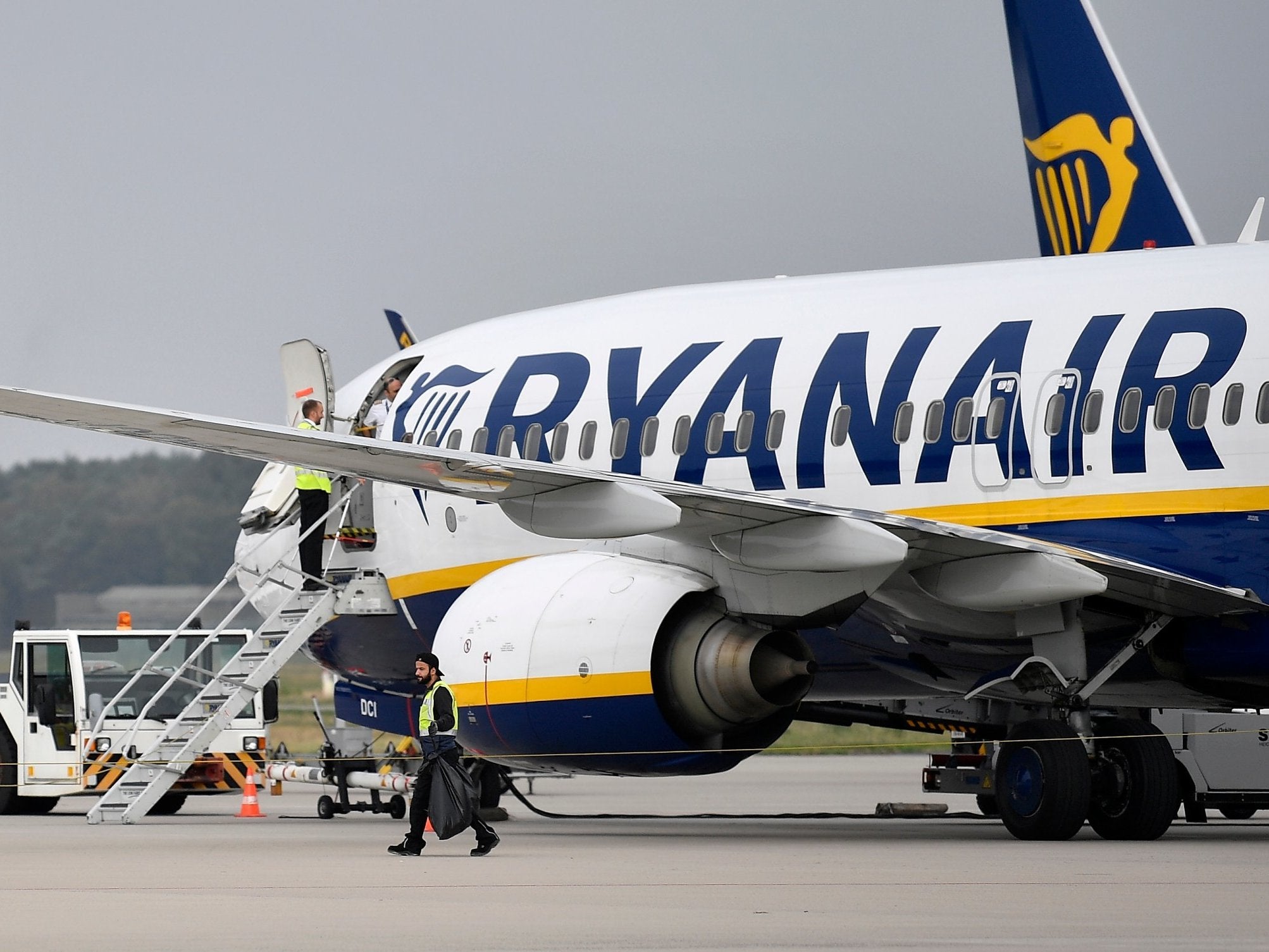Ryanair set for court battle with CAA after denying passengers cancellation compo due to strikes
The airline characterises the wave of industrial action it experienced last summer as 'exceptional'. Is that a credible argument?

Can a strike be deemed an “exceptional circumstance”, as Ryanair contends with its decision not to compensate passengers affected by them?
No, says the Civil Aviation Authority, which has given notice that it intends to take Ryanair to court over its response to the wave of disruption that swept over the airline last summer and resulted in the cancellation of numerous flights to holiday destinations such as Spain, Portugal and Italy.
The CAA has had to pick up the cudgels because of the low cost carrier’s decision to pull out of the Aviation Dispute Resolution Service, an ombudsman style outfit that consumers can approach if they are unhappy with the way their complaints have been handled by member airlines.
We can only speculate over what role the latter’s figures showing that Ryanair accounted for the largest proportion (30 per cent) of all appeals played in that.
The CAA’s contention is that passengers are due compensation under EU law, which is notably friendly to the consumer, and tends to get airline bosses grinding their teeth. It’s yet another reason why the EU is a thoroughly good thing.
When it comes to the moral case, Ryanair’s arguments look thin.
The industrial action the carrier experienced was long in the making, the result of discontent among its workers that had been simmering for years, exacerbated by Ryanair’s traditionally, um, forthright approach to its staff and unions.
This wasn’t like a volcano suddenly erupting with little warning, or an extreme weather event, or a terrorist attack, all of which could result in unforeseen cancellations and might be considered “exceptional circumstances” by the mythical man on the Clapham Omnibus.
Ryanair could have no influence over any of that lot. That’s far from the case as regards the industrial unrest.
A more emollient airline could have headed off the actions taken by staff by getting around the table with unions, and working in good faith to resolve the issues.
Ryanair instead greeted them with its trademark bluster. At least at first. More recently, discussions with at least some of its unions have been entered into. They have proven to be productive. It’s richly ironic that the CAA announced its action just a day after Ryanair declared that it had reached a framework agreement with a union representing German pilots over pay, pensions, allowances, rostering and more besides. It’s due to be concluded by next year and will last for four years. That rather shows what can be done.
The UK courts, however, will be concerned not with the moral case but with how the strikes should be treated through the lens of EU law.
The looming battle ought to be fun to watch, at least for those of us not among Ryanair’s unhappy passengers. They’re going to have to hunker down for a long wait before this is resolved.
That’s something they should be used to.
Join our commenting forum
Join thought-provoking conversations, follow other Independent readers and see their replies
Comments
Bookmark popover
Removed from bookmarks